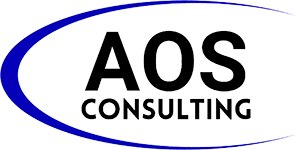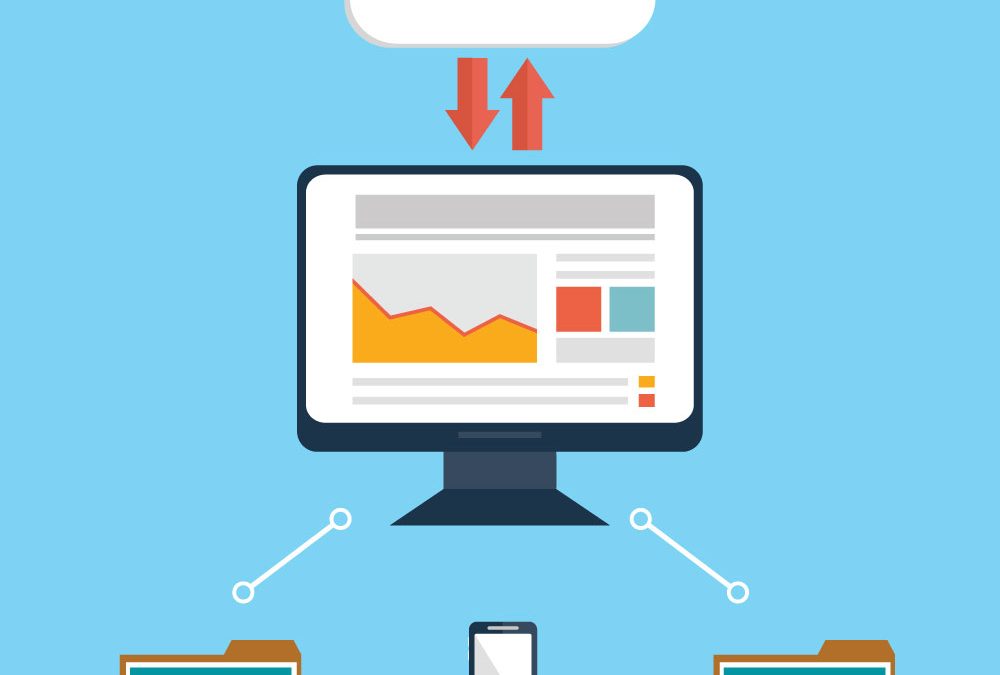Migration to the cloud has become more common over the years, with more and more companies moving to the Cloud each day. Benefits of the Cloud extend to many if not all business systems—Communication and Collaboration, Email, file sharing and data storage to name a few. Read on to learn more about how companies, especially small to medium-sized businesses, are using the public cloud for their operations.
Benefits and Characteristics of Public Cloud
Overall, the public cloud offers a less-expensive alternative to private cloud resources, with many of the benefits. Like the private cloud, the public cloud enables businesses to avoid investing in the purchase and maintenance of costly hardware, since the underlying infrastructure is already available via the web. Capital expenses can then be converted to operating expenses. What’s more, the cloud is scalable and elastic, giving enterprises the ability to use more or less of the total environment according to different web traffic to their business at different times. Public cloud environments are ready to use, with required resources built in. Other characteristics named by the U.S. National Institute of Standards and Technology include the public cloud being open to more users and more enterprises. Finally, public cloud offers network access everywhere, since the data is accessible via the internet.
Considering Public Versus Private Cloud
As great as the public cloud is, it may not be right for your particular enterprise. Compliance with regulatory standards like Sarbanes Oxley, PCI and HIPAA necessitates confidentiality of information and restrictions on access to it. Companies that need to protect their customers’ and clients’ information will find a private cloud environment vital. Data residency also influences the regulations that must be followed.
These factors will change over time, influencing your choice of a public or private cloud environment. To help you determine which is right for you, public or private cloud, talk to your trusted Technology Advisor today.

